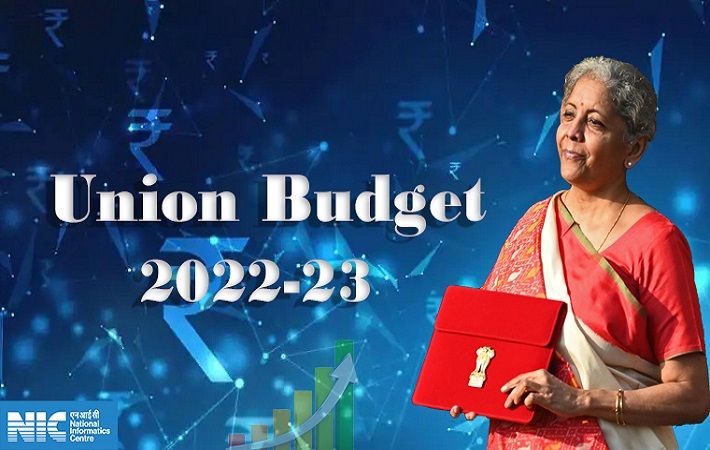

MSME
Udyam, e-Shram, NCS and ASEEM portals will be interlinked. Their scope will be widened. They will now perform as portals with live, organic databases, providing G2C, B2C and B2B services. These services will relate to credit facilitation, skilling, and recruitment with an aim to further formalise the economy and enhance entrepreneurial opportunities for all.
Emergency Credit Line Guarantee Scheme (ECLGS) has provided much-needed additional credit to more than 130 lakh MSMEs. This has helped them mitigate the adverse impact of the pandemic. The hospitality and related services, especially those by micro and small enterprises, are yet to regain their pre-pandemic level of business. Considering these aspects, the ECLGS will be extended up to March 2023 and its guarantee cover will be expanded by ₹50,000 crore to total cover of ₹5 lakh crore, with the additional amount being earmarked exclusively for the hospitality and related enterprises.
Credit Guarantee Trust for Micro and Small Enterprises (CGTMSE) scheme will be revamped with required infusion of funds. This will facilitate additional credit of ₹2 lakh crore for Micro and Small Enterprises and expand employment opportunities.
Raising and Accelerating MSME Performance (RAMP) programme with outlay of ₹6,000 crore over 5 years will be rolled out. This will help the MSME sector become more resilient, competitive and efficient.
Export Promotion
86. The Special Economic Zones Act will be replaced with a new legislation that will enable the states to become partners in ‘Development of Enterprise and Service Hubs’. This will cover all large existing and new industrial enclaves to optimally utilise available infrastructure and enhance competitiveness of exports.
Special Economic Zones
Alongside the proposed reforms in SEZs, we will also undertake reforms in Customs Administration of SEZs and it shall henceforth be fully IT driven and function on the Customs National Portal with a focus on higher facilitation and with only risk-based checks. This will ease doing business by SEZ units considerably. This reform shall be implemented by 30th September 2022.
Project imports and capital goods
National Capital Goods Policy, 2016 aims at doubling the production of capital goods by 2025. This would create employment opportunities and result in increased economic activity. However, several duty exemptions, even extending to over three decades in some cases, have been granted to capital goods for various sectors like power, fertiliser, textiles, leather, footwear, food processing and fertilizers. These exemptions have hindered the growth of the domestic capital goods sector.
Accordingly, it is proposed to phase out the concessional rates in capital goods and project imports gradually and apply a moderate tariff of 7.5 per cent. Certain exemptions for advanced machineries that are not manufactured within the country shall continue.
Review of customs exemptions and tariff simplification
In the last two budgets we have rationalised several customs exemptions. We have once again carried out an extensive consultation, including by crowd sourcing and as a result of these consultations, more than 350 exemption entries are proposed to be gradually phased out. These include exemption on certain agricultural produce, chemicals, fabrics, medical devices and drugs and medicines for which sufficient domestic capacity exists. Further, as a simplification measure, several concessional rates are being incorporated in the Customs Tariff Schedule itself instead of prescribing them through various notifications.
This comprehensive review will simplify the Customs rate and tariff structure particularly for sectors like chemicals, textiles and metals and minimise disputes. Removal of exemption on items which are or can be manufactured in India and providing concessional duties on raw material that go into manufacturing of intermediate products will go many a step forward in achieving our objective of ‘Make in India’ and ‘Atmanirbhar Bharat’.
Exports
To incentivise exports, exemptions are being provided on items such as embellishment, trimming, fasteners, buttons, zipper, lining material, specified leather, furniture fittings and packaging boxes that may be needed by bonafide exporters of handicrafts, textiles and leather garments, leather footwear and other goods.
Fibre2Fashion News Desk (RKS)